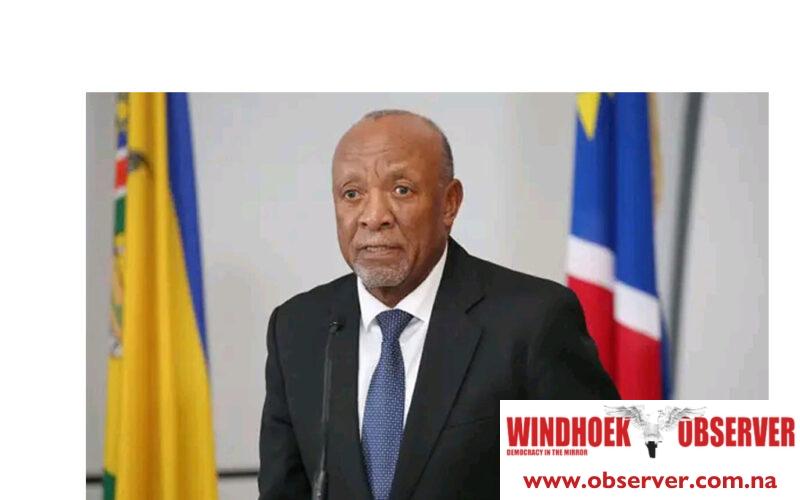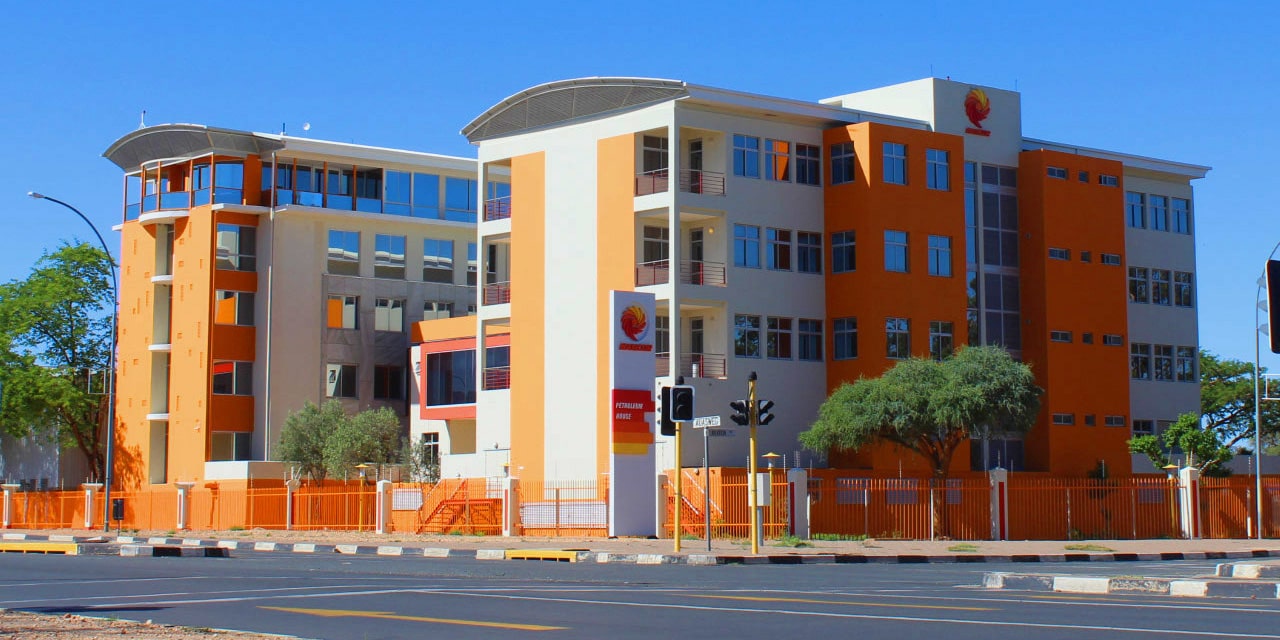Niël Terblanché
The severe and continuous drought in Namibia has prompted President Nangolo Mbumba to declare a national state of emergency.
The official declaration was published in the Government Gazette on 22 May.
“Under Article 26(I) of the Namibian constitution, read together with Section 30(3) of the Disaster Risk Management Act, 2012 (Act. No. 10 of 2012), I declare that, with effect from 22 May 2024, a State of Emergency exists in Namibia on account of the persisting national disaster of drought that exists in all the regions of the Republic of Namibia,” the declaration in the Government Gazette states.
On Saturday, during the Omagongo festival in the Oshana region, Mbumba pleaded with the international community to donate food.
The declaration of the state of emergency comes days after Mbumba said on an international stage that the country’s Drought Relief Programme has a shortfall of approximately N$482 million and will need help from outside the borders to bridge the funding gap.
While addressing the Southern African Development Community (SADC) extraordinary summit, which was convened virtually last week to discuss the El Niño-induced drought and floods affecting member states, Mbumba appealed for assistance from member states and bilateral and international stakeholders to bridge the gap.
He said that Namibia will need at least N$1.3 billion to assist drought-affected communities.
According to Mbumba, Namibia is struggling with food insecurity and severe water scarcity, exacerbated by low dam levels, particularly in the country’s central region.
Political analyst Rui Tyitende called the country’s request for food from the international community a “colossal national embarrassment” in an interview with a local radio station on Monday.
“The government has continuously overspent on drought relief and underspent on agricultural investment. “How can a rich country like Namibia beg from the international community, which exploits its natural resources? As a country, we should be ashamed,” Tyitende said.
Last week, the Office of the Prime Minister also announced a sharp increase in the number of households that have become dependent on the drought relief food programme.
I-Ben Nashandi, the executive director at the Office of the Prime Minister, said the latest vulnerability assessment indicated that 331 009 households will need food aid, while the original projection was to assist 172 252 households.
“The drought relief food assistance is earmarked for drought-stricken members of communities who are unable to access alternative food as a result of drought,” Nashandi said.
Vulnerable households are identified when their total income is less than N$3 100 per month; when people in such households are not beneficiaries of any food assistance from other sources; and when their livelihoods are drought-impacted.
Nashandi said that even though the number of vulnerable households almost doubled in a short period of that communities from all 14 regions are entitled to benefit from the drought relief food programme.
In April, Agriculture, water and land reform minister Calle Schlettwein said that the country will experience a food deficit of staple cereal crops such as maize and pearl millet.
Schlettwein said that imports will be necessary to cover the deficit.




